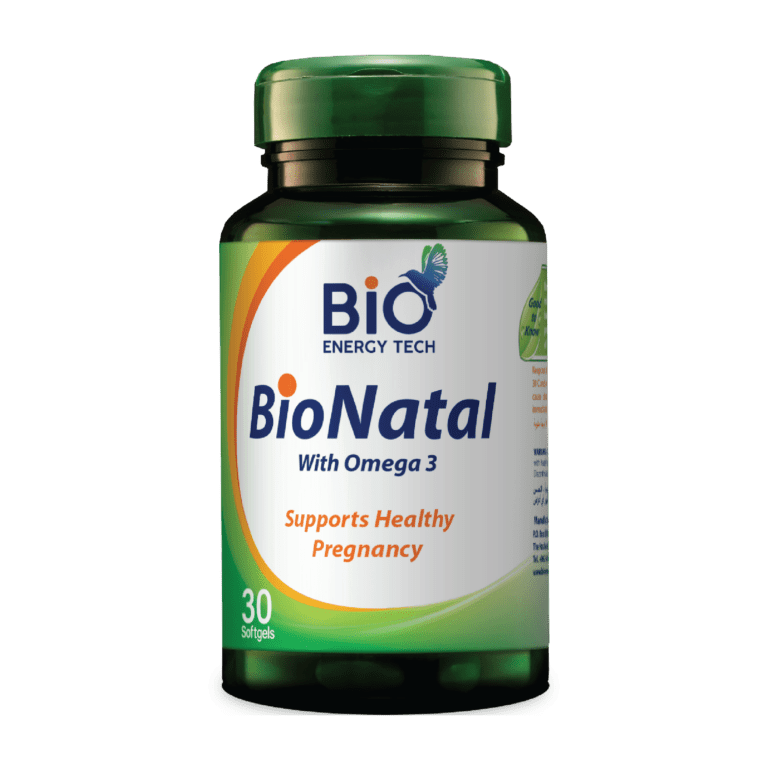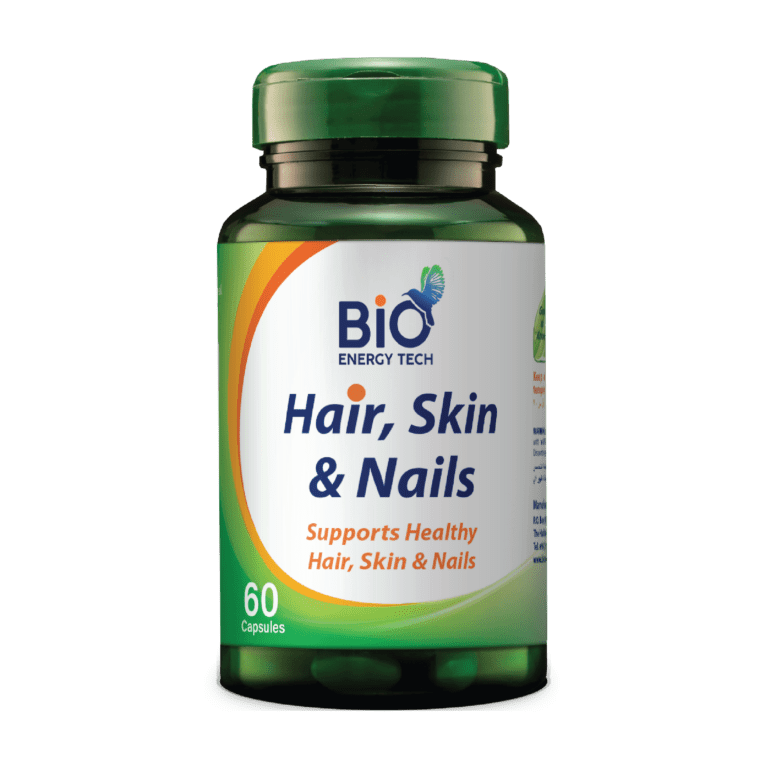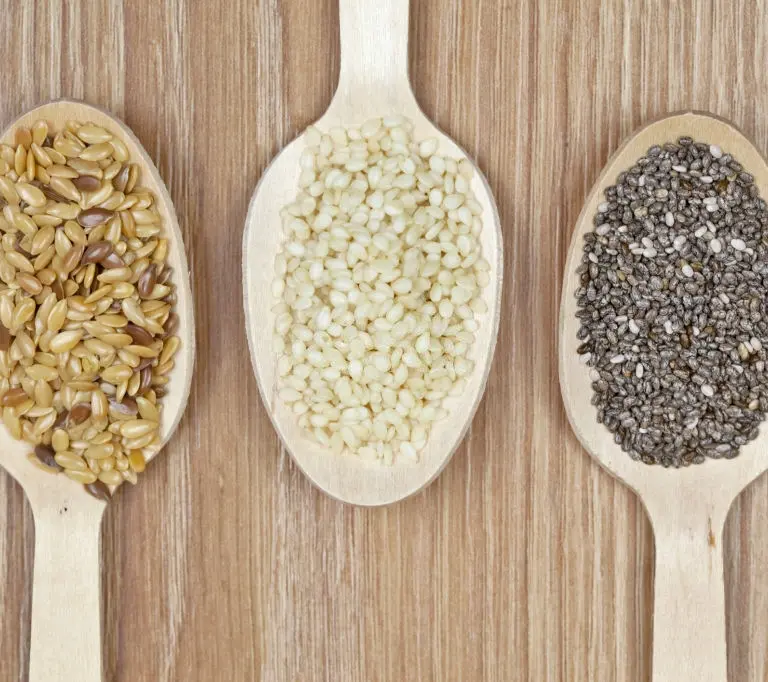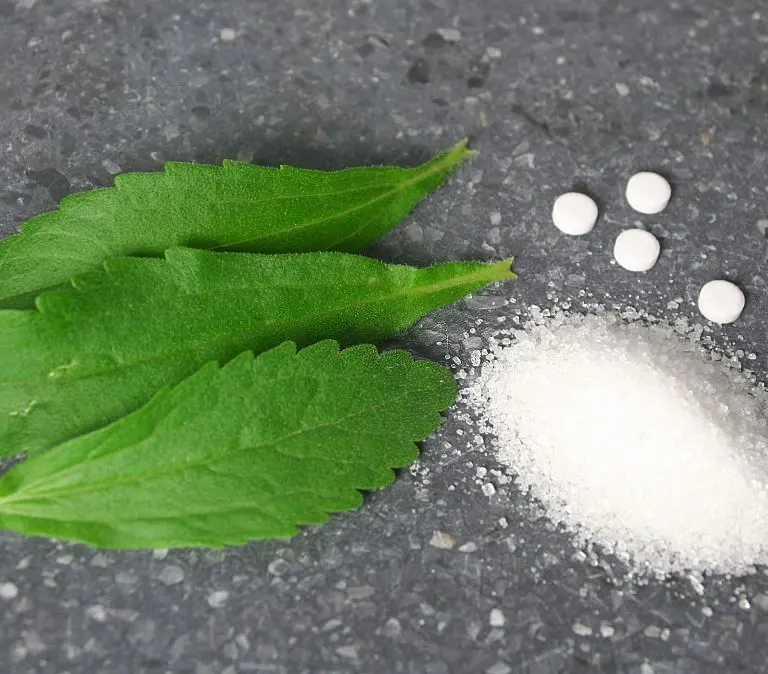Luxuriant, glossy and healthy looking hair is not just a symbol of beauty. It is also an indicative sign of the body’s general health condition. Hair; just like any other organ in the body, needs certain elements to maintain its health and growth. While important factors such as age and genetics play an important role in hair fall, these factors are also heavily influenced by nutritional deficiencies that result in a scarcity of important elements in the body. Zinc is one of these important elements that contribute to the growth of beautiful and healthy looking hair.
What is Zinc?
Zinc is a vital mineral that is utilized in many different ways in the body, including:
- Catalyzing the synthesis of more than 100 enzymes.
- Maintaining a healthy and functional immune system.
- Involved in protein synthesis.
- Necessary for wound healing.
- Plays an important role in fetal development during pregnancy and later during childhood and adolescence.
Sources of Zinc
Oysters are considered the richest source of zinc, but there are other zinc-rich sources that we can incorporate in our daily diet, such as: beans, red meat, dairy products and nuts.
Small amounts of zinc are needed by the body, yet many people may have zinc deficiency due to poor nutrition, diseases (eg: diabetes), malignancies and liver disease. Therefore these people need to take zinc supplements in order to compensate for its deficiency.
Among the many signs and symptoms indicating low zinc levels in the body, the most important are:
- Hair fall
- Anorexia
- Slow wound healing
- Facial acne and eczema
- Slow growth
- A strange taste in the mouth
- Diarrhea
- Poor immunity
- Mental lethargy
Some people are more vulnerable to the deficiency of this important mineral than others, for instance in conditions such as premature birth, people who receive parenteral nutrition, people with severe chronic diarrhea, those diagnosed with sickle cell anemia, alcoholics, and vegetarians who follow a strict diet.
Zinc Supplements
Several types of zinc supplements are available in the market, each with specific properties:
- Zinc Gluconate: One of the most important over-the-counter forms of zinc supplements used to treat colds. It is available in both nasal spray and chewable tablet forms.
- Zinc Acetate: Similar to zinc gluconate, it is used as a cold remedy to relieve symptoms and speed recovery.
- Zinc Sulfate: In addition to its use in cases of zinc deficiency, it has been found to be effective in treating acne.
- Zinc Picolinate: Some research has indicated that this form may be more readily absorbed by the body than other forms, including gluconate and citrate.
- Zinc Orotate: This is the most common form of zinc supplements.
- Zinc Citrate: Some studies have shown that this form of zinc supplementation is similar to zinc gluconate in absorption but has the advantage of having a less bitter taste which is more tolerated by patients.
Although these supplements are generally considered safe, it must be noted that nasal sprays containing zinc may cause a loss of smell.
How Does Zinc Work To Maintain Healthy Hair & Prevent Hair fall?
Zinc plays an important role in hair repair and growth. It also helps maintain healthy oil glands around the follicles.
Researchers believe that zinc acts as an inhibitor of 5-AR; the enzyme responsible for converting testosterone into dihydrotestosterone (DHT) which is a powerful androgen associated with prostate enlargement and hair loss. Therefore, when this enzyme is inhibited, the formation of DHT will be prevented, thus reducing hair fall and hair loss. Researchers have also found that there is an association between taking zinc supplements and the decrease or complete prevention of hair fall in patients with hypothyroidism, as hypothyroidism is a widely known cause of hair fall.
Although zinc levels were lower in most people battling excessive hair fall, zinc levels were much lower in patients with alopecia and telogen effluvium compared with those suffering from androgenic hair fall. Some studies have indicated a significant improvement in hair loss and hair thinning in alopecia areata after taking zinc supplements.
Recommended Dose of Zinc
The daily recommended adult dose is between 15-30 mg, but higher doses can be used for certain conditions such as acne, diarrhea, and respiratory infections.
The recommended upper limit of 40 mg should not be exceeded unless under medical supervision.
Zinc Side effects and Interactions
Zinc intake has been associated with some uncomfortable side effects such as vomiting, diarrhea and stomach pain. In addition, taking 40 mg of zinc daily can cause flu-like symptoms such as fever, cough, headache and fatigue.
Zinc may also interfere with copper absorption, and thus taking it in a large dose may cause copper levels to decrease in the body over time. Also, some studies have shown that zinc can interfere with antibiotics and reduce their effectiveness if taken at the same time.
Do I Have To Take Zinc Supplements To Maintain Healthy Hair?
Eating a healthy and balanced diet, without a doubt, is the best way to obtain the necessary minerals and vitamins for the body as a whole and for the hair in particular. Sometimes deficiencies occur whether due to malnutrition or any other causes, then in this case, supplements are taken in their appropriate doses. Some research has indicated that nutritional supplements work best for people who are already deficient in these nutrients, moreover, these supplements can be harmful if a person doesn’t need them.
This also applies to taking zinc supplements, as several studies have shown that taking zinc supplements when there is no documented deficiency might have a paradoxical effect and cause hair fall.







